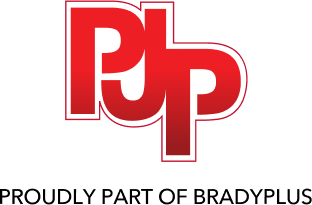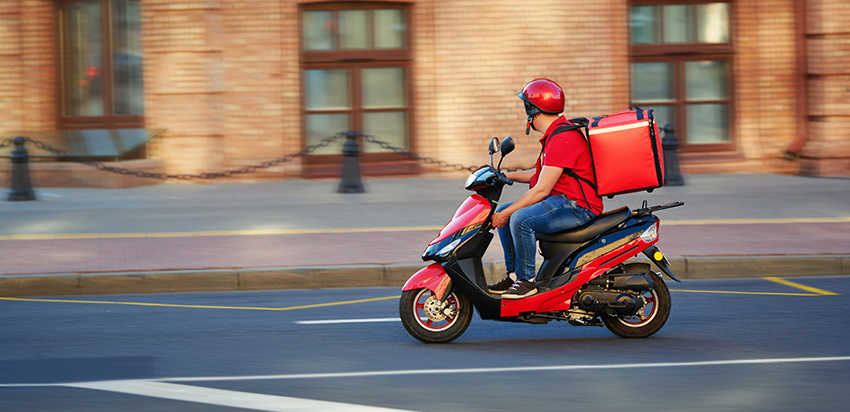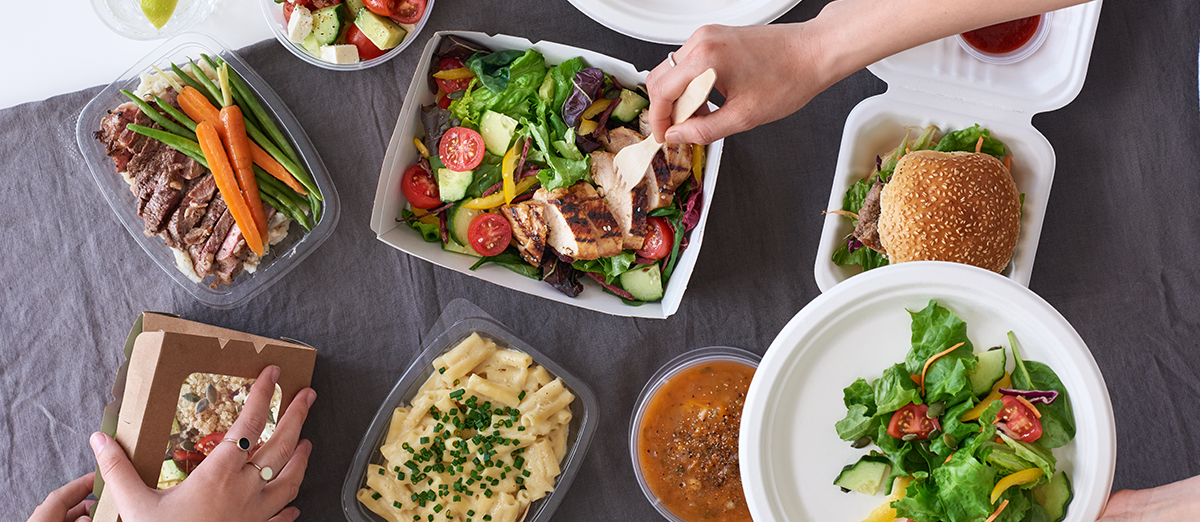
Thinking about Starting a Food Related Business? Read This.
So you want to start a food-related business? Congratulations and best of luck! But before you dive in, wallet first, let us share some advice.
Funding
Once you’ve figured out your idea, the next step is funding. One of the biggest mistakes, first time operators of restaurants or other hospitality retail businesses make is underestimating the financial capital required to both open your business and to keep it running for at least the first year.
Begin by developing a generous capital budget (money set aside to acquire and maintain fixed resources, like land and equipment) and a conservative cash-flow model (this model should map out how and where you’ll be spending your money during opening and throughout the first year). Better to overestimate costs now, rather than having to go back to your investors and sheepishly ask for more.

Be Prepared for the Worst
It’s almost guaranteed that when opening your business things won’t go according to plan. Another restaurant with a similar concept could open the same week as you or a water mainline could break. Even if something heinous doesn’t happen and your opening day goes well, that honeymoon period with your customers will almost certainly end sooner than you think it should. Be prepared for contingencies and catastrophes by having a backup plan and plenty of capital at your disposal.
The Day to Day
Understanding what drives the cost of business is one of the most important elements of maintaining a profitable venture. No matter what your concept is, you are still dealing with a retail operation, and are subject to the same metrics as other businesses. Understanding your daily customer count, average check, product costs, and ratio of dining-in to takeout make up the majority of your profit numbers. We cannot stress the importance of keeping a close eye on purchases and inventory compared to what you are selling. This will help you most accurately manage labor hours and dollars.
When to Open Your Business
Once you’ve got your idea, your capital, and your contingency plans, now it’s time to set an opening date. This can be trickier than you’d think. The holidays are a busy time, opening before they start can help get your business off the ground quickly. However, one month later it’s January and most of your customers are trying to retrench after too much wild spending. People are caught allotting their excess money to gym memberships and juice detoxes after New Years.

If you live in a rather touristy area, opening during peak season is not a great plan. A fledgling business might not be ready for the kind of business they’ll get. Based on these warnings and your business’s geography, plan to open somewhere in the middle. A few months before things get busy this gives your business time to work out the inevitable kinks involved. Patience allows you to be ready for when things pick up.
Know Your Weaknesses
It’s important to know the in’s-and-out’s of your business. It is equally important to be able to accurately asses yourself, your weaknesses and your strengths. The best-run restaurants and retail establishments tend to be the result of a partnership between someone creative, and someone business-oriented. Not everyone can do both successfully and they shouldn’t try. Incorporate someone into your business that has complementary strengths.
Finally, remember passion goes a long way. With all these tips and warnings in mind, a solid team of employees, and perhaps a partner to help you along the way. You’ll be able to safely and successfully open your own hospitality-based business and soon be rewarded with its profits.






Write a Comment